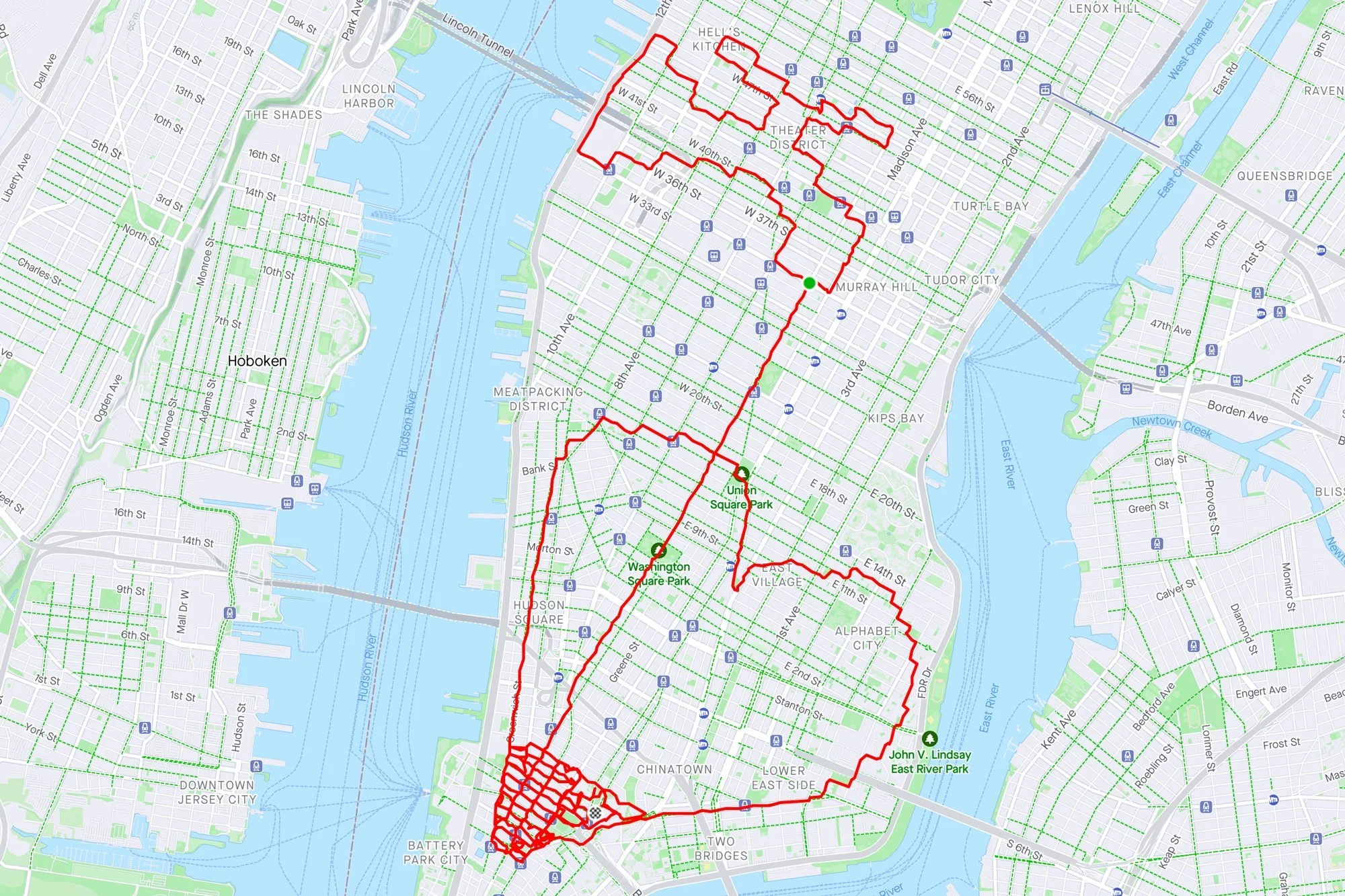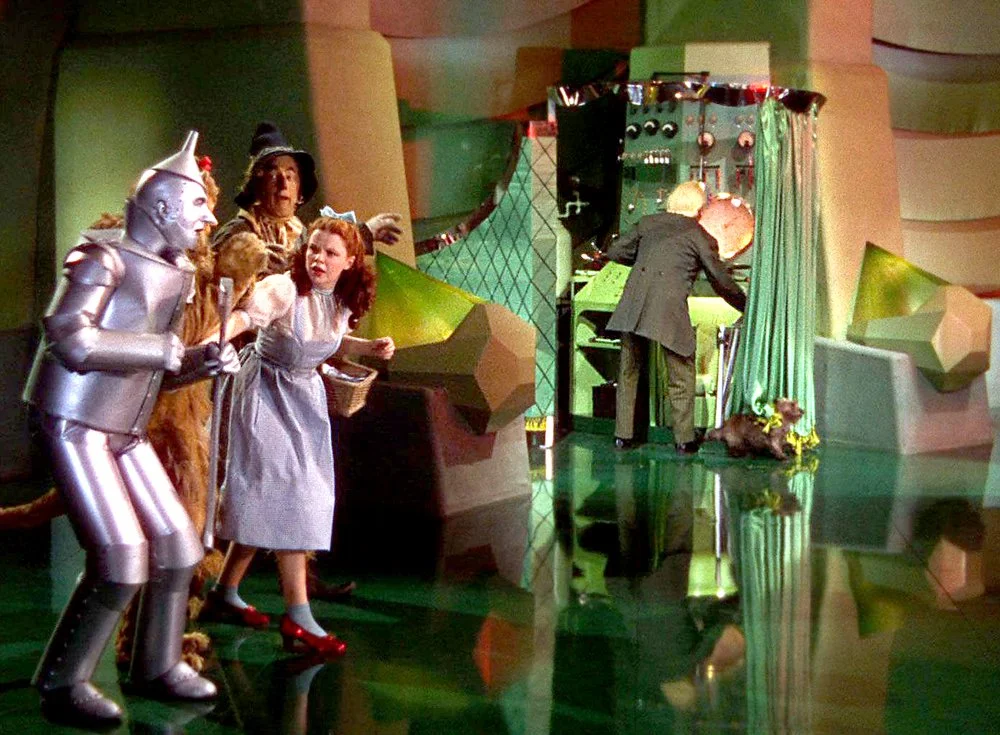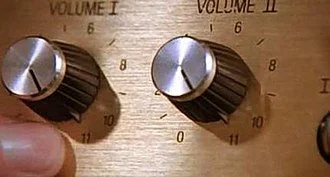The Nicest Place on the Internet
There aren’t a lot of places you can go online that genuinely make you feel good—and that bring out the best in you…
…especially in an election year.
That’s why when you’re in a social network for over a decade and you’ve never ever seen a negative post, gotten into an argument, or never felt worse about yourself for the time you spent on it, it really stands out.
Cameron Coneys
The social network I’m referring to is Strava—which is, in theory, a tracking app, for some, a training app, but really a community, and to be honest, a bit of a religion. What’s most interesting to me is that somehow they’ve made the online version of an activity “nicer” than the real world experience.
I’ve verbally tussled with rude spandex cyclists. I’ve kicked and been kicked on the swim portion of a tri. At last year’s NYRR Brooklyn Half, with 800 meters left in the race, yelled, “Ha! Ha! I passed you, you slow f*ck!” to a guy who pushed me aside in the opening corralls.
I’m not complaining too much about that last one as I rage PR’d the distance after following him the whole way..
Yet, I’ve never left even so much as a snarky dig on Strava about anyone else’s running—and no one’s done that to me. Where else is it the case that the online interaction is better than in person?
Politics? Dating?
Usually the removal of a face and a physical presence takes away the guardrails and people emerge as their worst selves—but, on Strava, that’s just not the case.
Hell, I’ve even gotten into it on LinkedIn—but Strava is such a supportive environment, there are even memes about it:
Strava culture is a runner who recently broke 3 hours in the NYC Marathon often giving me “kudos” (Strava’s form of a like) for my three mile round trip bike rides to drop my kid off at school and my casual networking runs with tech founders at the Prospect Park Pitch & Run. It’s Couch to 5K folks following their college track star friends who haven’t lost a step. It’s adult swim students keeping tabs on elite Ironman competitors.
And yet, somehow, none of it seems to make us feel worse about ourselves the way following globetrotting Instagram influencers might.
Maybe it’s all about putting in the work—and the fact that the UX centers the effort, not the commentary. Either way, I’d love to see more instances where we can come together in supportive and inclusive communities that connect and inspire—especially locally.
In a world where everything has become national and even global, getting someone to feel a kinship with your neighbor because they finally ran up the very same hill you tackled is just as much of a feat as the run itself. It’s a path you walked up so many times before you built up the endurance to finally run it without stopping—and now they’ve done the same.
While most founders are building around AI—I’d love to see more people focus on what makes us happy and what brings us together. Being a more productive worker or working less isn’t a guarantee of increased happiness if we can’t find better ways to connect with others in constructive and supportive ways.
How can we get people kudos for volunteer work? For taking care of the elderly—or even just being a good neighbor. How can take make it easier to walk over to the person plugged into their Airpods at a co-working space and say, “Hi… I saw your laptop sticker about the environment. What can I do to help you?”
I want to be Friend of the Neighborhood as much as I’ve ever wanted to be King of the Mountain.







